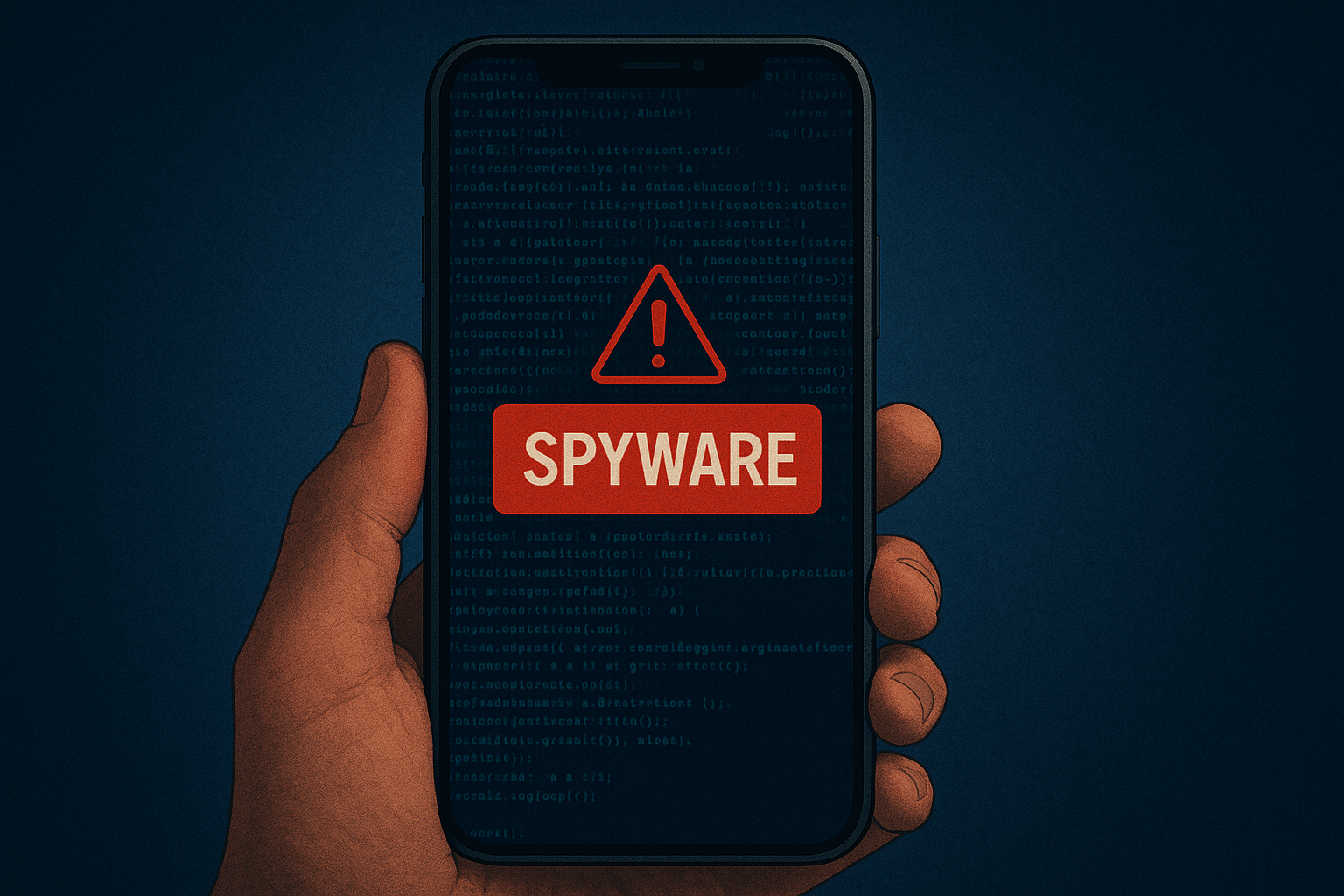For people searching for love online, it has become a little difficult due to scammers’ hell-bent on catfishing vulnerable people. The Federal Trade Commission (FTC) issued a warning about such ‘Romance Scams’. Catfishing is an increasingly common technique used on social media and dating sites to attack victims through fake personalities, attractive pictures, and accounts. Romance Scams or catfishing play on people’s emotions, most often for fraudulent financial gain or identity theft. Catfishing exploits users that are willing to ignore warning signs that an online friend or acquaintance may not be who they claim to be.
The FTC has been tracking and reporting on dramatic increases over the last few years in catfishing financial fraud. Their mandate is to investigate all manner of online fraud including ransomware, identity theft, check fraud, and now romance scams (aka Catfishing). People have reported losing more money on romance scams than on any other fraud type identified in Sentinel. In 2020, reported losses to catfishing reached a record $304 million, up 50% from 2019, and a four-fold increase since 2016. For each victim, that meant an average dollar loss of $2,500.
![]()
Before CyberHoot can get into how to protect yourself, we want you to know how low-life catfishers build a profile of you and their fictitious person. Here are the steps they take to conduct this crime. Be on the lookout for gaps or errors or mistakes they might make in this game they play.
For example, an attacker will wait for you to like their profile. Then they will try to build rapport with you. Once established, they may let you know they are going on an overseas business trip. On their trip something will cause them to be delayed from returning, and when an emergency strikes them they will need you to send money or stranger Amazon gift cards?!? They then talk you into handing over money, typically a small amount at first, often followed by more and more.
There are a dizzying array of plausible, emotional, but always utterly dishonest reasons why Romance Scammers will ask you to send them money. Even if they pass the Selfie test below, never send money to an online person you’ve never met in person.
Early in a relationship, test the other party with this strategy to identify a fake profile. On the spur of the moment, without warning, challenge the other person to send you a selfie with a specific unpredictable message on it: “Larcie – jellyfish 542” written on a piece of paper and hold up in the selfie. Any Catfish person cannot photoshop a unique message that you give them in this situation. Make sure you have a random word requested because they might know of this strategy and have a photoshopped image that says “Hi Larcie”. Anyone who cares about you should be happy to prove their identity. Anyone who balks is a catfisher you should end the relationship with immediately. Then report their profile to the social media site as a fraud.
Now, if someone complies with this request, know that they still might be trying to scam you out of money. Proceed with caution. The moment an online relationship turns to financial matters, you must use extreme caution. Scammers will play on every emotion. Don’t trust online requests for emergency financial assistance without absolute 100% confidence. Read on for additional tips.
Hackers are confidence tricksters by profession, so they have a lot of practice. Unlike common online scammers, they’re willing to play a long game, investing weeks, months, and even years into building up false relationships.
These criminals think nothing of deliberately setting you against your family as part of their scam, using romantic excuses such as “love conquers all”. Don’t let the attackers drive a wedge between you and your family as well as between you and your money.
If you’ve been victimized, be wary of people “reaching out to help you” after you’ve been scammed, lest you get drawn into another scam all over again. Ignore any offers of help to “recover your money” after a scam, it’s probably the very same scammers having another try. Ask your local police or health care professional for advice.
If you’ve been victimized, you almost certainly won’t get any money back, but with your evidence and that of other victims, there is at least a possibility of identifying and stopping the cybercriminals involved, and of warning potential future victims away from these scammers. Always report the fake profiles you identify in our first Selfie recommendation above to the social media site. They often catfish dozens of people at a time and you can save others from harm by doing so.
Anything online that can be exploited by hackers is being exploited by hackers. By becoming more aware of these attacks you will be more secure in how to avoid them with this Selfie strategy above. Even with the Selfie test passed successfully, maintain a healthy degree of skepticism. If money comes into play, increase your skepticism 100-fold. Assume you are being scammed.
Share this article with friends and family who are seeking relationships through online forums. This can be a very powerful and effective way to meet the love of your life, but only if you know how to do it securely.
Sources:
FTC Announcement – Romance Scams
Additional Reading:
FTC’s Announcement on Romance Scams
Losses to Romance Scams Reach Record $304 Million
New FTC Data Shows Massive Increase in Romance Scams, $304 million in Losses
Discover and share the latest cybersecurity trends, tips and best practices – alongside new threats to watch out for.

Cybercriminals always follow Internet eyeballs. Not literally, but figuratively. And today's eyeballs are...
Read more
Active Attacks on Messaging Apps The Cybersecurity and Infrastructure Security Agency (CISA) recently issued...
Read more
The world of work has changed enormously since COVID-19. Gone are the days when IT admins sat behind a corporate...
Read moreGet sharper eyes on human risks, with the positive approach that beats traditional phish testing.
